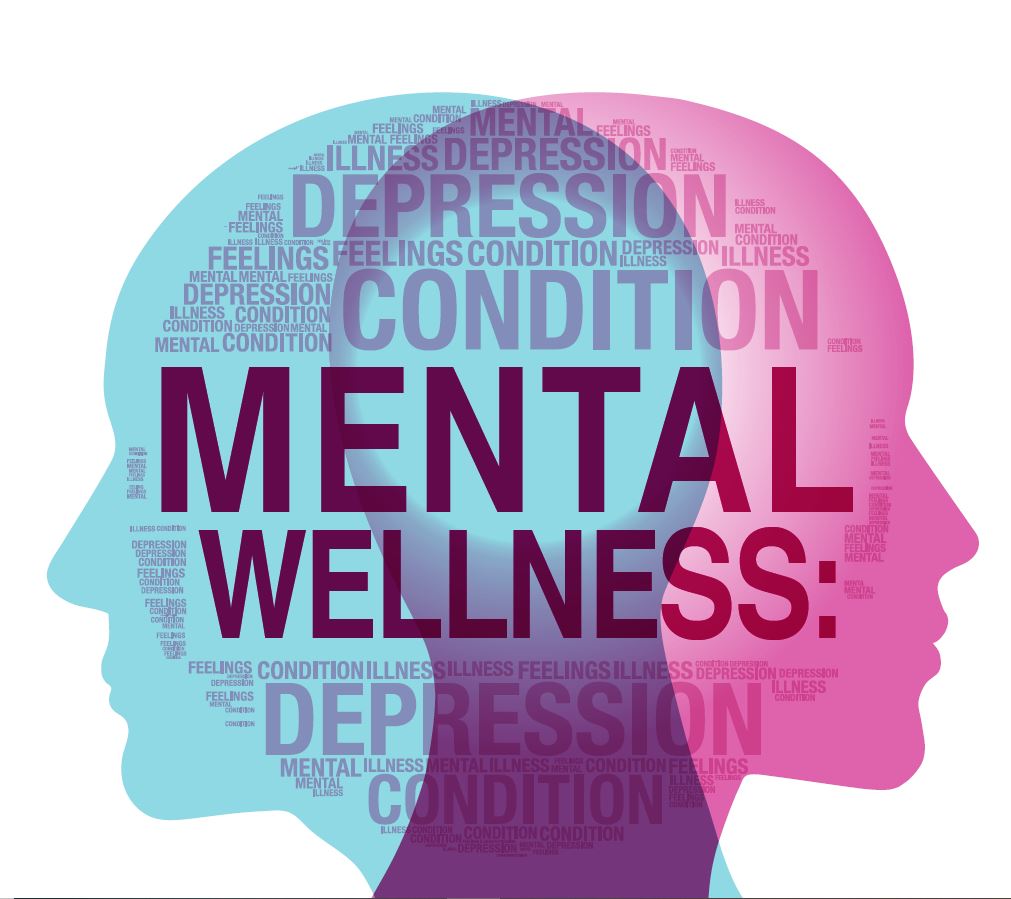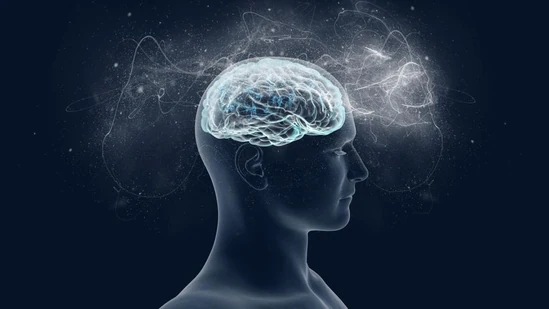LET’S TALK MENTAL HEALTH

Our emotional, psychological, and social well-being all contribute to our mental health. It has an impact on how we think, feel, and act. It also influences how we deal with stress, interact with people, and make good decisions. Mental health is essential at all stages of life, from infancy and adolescence through maturity.
Although the terms are often used interchangeably, poor mental health and mental illness are not the same.
A person can experience poor mental health and not be diagnosed with a mental illness. Likewise, a person diagnosed with a mental illness can experience periods of physical, mental, and social well-being.
Mental and physical health are equally important components of overall health.
For example, depression increases the risk for many types of physical health problems, particularly long-lasting conditions like diabetes, heart disease, and stroke.
Similarly, the presence of chronic conditions can increase the risk for mental illness.
It’s pivotal to know that one’s mental health can change over a period of time depending on the circumstances they find themselves in.

When the demands placed on a person exceed their resources and coping abilities, their mental health could be impacted. For example, if someone is working long hours, caring for a relative, or experiencing economic hardship, they may experience poor mental health.
In Ghana, mental health is poorly understood, and mental illness leads to stereotype. Current statistics from the Ghana Mental Health Authority in a survey done in 2021 showed 3.1 million representing 10 percent of the general population has some form of mental health issues. It is estimated that 20,000 mentally ill persons roam the streets nationwide.
As of 2021, 1600 was reported to be in Accra and Tema alone.
This series aims to teach you about the various mental illnesses and how to generally improve your mental health. Follow us to learn something about mental health, this and every Thursday.
Author-Ahanta Bred





